NBFC: Why do you like the genre of films that you like?
Blaise: Surreal cinema is the highest possible art form. By applying traditional cinematic techniques while removing the oppressive restraints of objective reality, a limitless range of possibilities exists. And, when anything can happen, a masterful director can put the audience on a roller coaster ride.
Anyone who has ever seen The Holy Mountain by Alejandro Jodorowsky can relate to the kind of giddy excitement which stems from being bombarded with a barrage of psychedelic colours and tapestries, sexuality, violence, and archetypal imagery. Having been banned in most countries almost immediately upon release solidified its status as a cult classic, with an almost religious significance to some fans (the fact that the Beatles paid for the film to be produced is worth noting). This film is my main artistic influence, and I consider surrealism to be the driving artistic force behind modern and future generations.
Years after The Holy Mountain, Jodorowsky tried to adapt Frank Herbert’s Dune. A documentary called Jodorowsky’s Dune recalls the story of this creation. Jodorowsky worked with troves of artists and designers during pre-production, spending $2 million of the $10 million budget on a storyboard the size of a textbook. The totality of his vision would have culminated in a 10-14 hour running time, a detail he wouldn’t budge on, and the studio wouldn’t either.
The project was canceled, and the designs were recycled and turned into other films. Alien, Star Wars, Flash Gordon, Terminator, and The Fifth Element came from drawings commissioned for Alejandro Jodorowsky. In this way, he has made himself one of the great architects of science fiction.
A painter has no control over what music will accompany their piece. A musician has no control over what their audience will look at while they listen. A filmmaker has control over both of these aspects. Used correctly, this gives the surrealist director seemingly magical powers of artistic expression. In this modern age where advertisers compete for our attention using hypnotic techniques, it is the responsibility of the filmmaker and the artist to use these same techniques to create unforgettable cinema.
Lost Highway by David Lynch makes wonderful use of such powers by constantly defying the audience’s expectations. The score is composed of jazz, industrial metal, and meditative chants.
This music, accompanied by a mind-bending plot, a cast of colourful characters, and anchored to a noir backdrop, creates the atmosphere and universe of a typical fever dream. Unreliable narrators are one thing; Lost Highway has an unreliable setting. Surreal cinema can be beautiful and fantastic, terrifying and hilarious. It can mean different things to different people. Hopefully, the recent commercial failures of Pixar and some superhero movies will inspire people to make movies that make them think.
Blaise Thex

